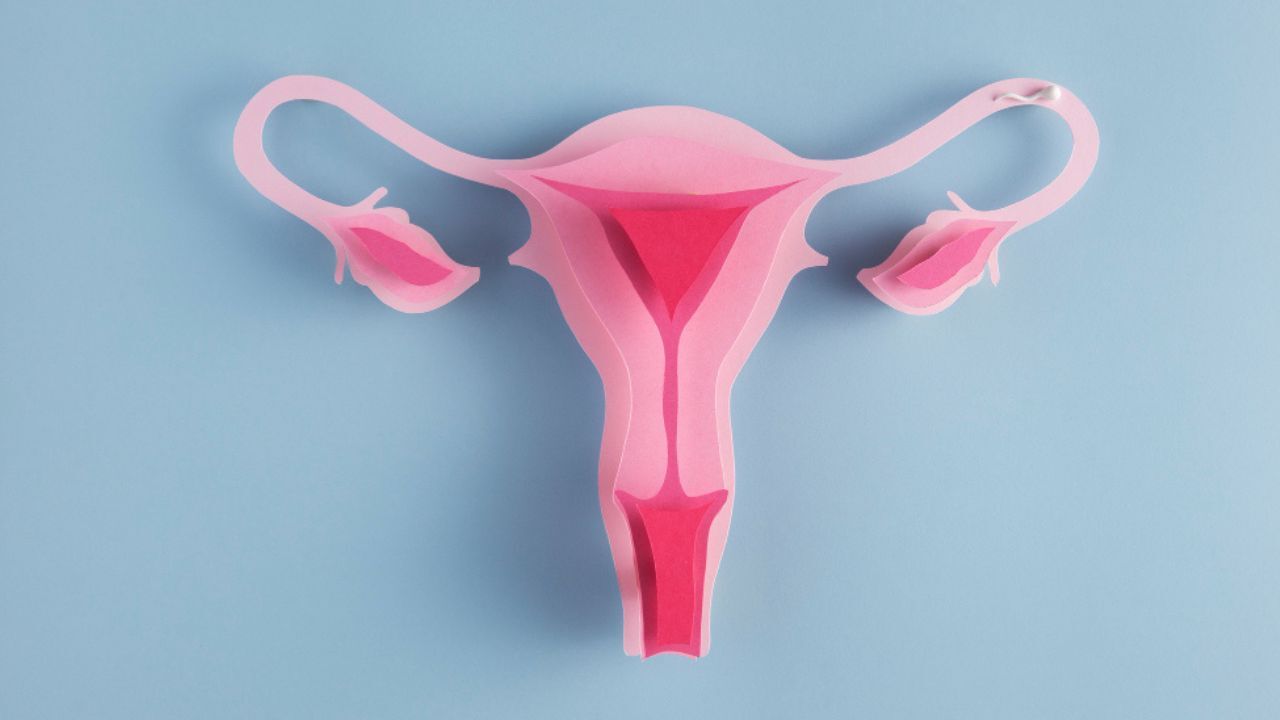
Congenital Absence of the Uterus and Vagina, also known as Mayer-Rokitansky-Küster-Hauser (MRKH) syndrome, is a rare condition affecting females. MRKH syndrome occurs when the uterus and upper part of the vagina fail to develop properly before birth. This condition is usually discovered during adolescence when a girl does not start her period. Despite the absence of a uterus and upper vagina, individuals with MRKH have normal external genitalia and typically normal ovarian function. This means they experience normal puberty, including breast development and pubic hair growth. MRKH syndrome can be challenging emotionally and physically, but understanding the facts can help those affected and their families navigate this condition.
Key Takeaways:
- MRKH syndrome is a rare condition affecting the reproductive system of individuals assigned female at birth. It involves the absence of the uterus and upper part of the vagina, but individuals usually have normal ovaries and develop normal secondary sexual characteristics.
- Living with MRKH syndrome can present unique challenges, but options like surrogacy and adoption are available for fertility. Support groups, educational resources, and regular medical follow-ups are essential for managing the condition.
Understanding Congenital Absence of the Uterus and Vagina
Congenital absence of the uterus and vagina, also known as Mayer-Rokitansky-Küster-Hauser (MRKH) syndrome, is a rare condition. It affects the reproductive system of individuals assigned female at birth. Let's explore some key facts about this condition.
-
MRKH Syndrome is named after the four doctors who first described it: Mayer, Rokitansky, Küster, and Hauser.
-
Affects 1 in 4,500 female births. This makes it a rare condition, but not unheard of.
-
Genetic Component: While the exact cause is unknown, there is evidence suggesting a genetic link.
-
Normal External Genitalia: Individuals with MRKH have normal external genitalia, making the condition less obvious at birth.
-
Absent Uterus and Upper Vagina: The primary characteristic is the absence of the uterus and the upper part of the vagina.
-
Normal Ovaries: Despite the absence of the uterus, individuals usually have normal ovaries that produce hormones.
-
Primary Amenorrhea: The most common symptom is primary amenorrhea, meaning the individual does not start menstruating during puberty.
-
Normal Secondary Sexual Characteristics: Individuals develop normal secondary sexual characteristics like breast development and pubic hair.
-
Diagnosis in Adolescence: The condition is often diagnosed during adolescence when menstruation does not begin.
-
MRI and Ultrasound: These imaging techniques are commonly used to diagnose MRKH syndrome.
Living with MRKH Syndrome
Living with MRKH syndrome can present unique challenges. Understanding these can help in managing the condition better.
-
Psychological Impact: The diagnosis can have a significant psychological impact, requiring support and counseling.
-
Fertility Options: While natural pregnancy is not possible, options like surrogacy and adoption are available.
-
Vaginal Reconstruction: Surgical and non-surgical options exist for creating a functional vagina.
-
Hormonal Health: Regular check-ups are necessary to monitor hormonal health due to the functioning ovaries.
-
Sexual Health: With appropriate treatment, individuals can have a normal sexual life.
-
Support Groups: Joining support groups can provide emotional support and practical advice.
-
Educational Resources: Access to educational resources can help individuals and families understand and manage the condition.
-
Regular Medical Follow-ups: Regular follow-ups with a gynecologist are essential for monitoring health.
-
Bone Health: Monitoring bone health is important as hormonal imbalances can affect bone density.
-
Individualized Treatment: Treatment plans are highly individualized, depending on the specific needs of the person.
Medical and Scientific Insights
Medical research continues to provide new insights into MRKH syndrome. Here are some scientific facts and advancements.
-
Genetic Research: Ongoing research aims to identify specific genetic mutations associated with MRKH.
-
Stem Cell Research: Scientists are exploring the potential of stem cells to create uterine tissue.
-
Hormone Therapy: Hormone therapy can help manage symptoms related to hormonal imbalances.
-
Advancements in Surgery: Surgical techniques for vaginal reconstruction have improved significantly.
-
Patient Registries: International patient registries help in collecting data to improve understanding and treatment.
-
Interdisciplinary Approach: Treatment often involves a team of specialists, including gynecologists, endocrinologists, and psychologists.
-
Awareness Campaigns: Increased awareness helps in early diagnosis and better management of the condition.
-
Research Funding: Funding for research is crucial for developing new treatments and understanding the condition better.
-
Clinical Trials: Participation in clinical trials can provide access to new treatments and contribute to scientific knowledge.
-
Future Prospects: The future holds promise with ongoing research and advancements in medical science.
Final Thoughts on Congenital Absence of the Uterus and Vagina
Understanding congenital absence of the uterus and vagina helps shed light on a condition that affects many women. This rare disorder, also known as Mayer-Rokitansky-Küster-Hauser (MRKH) syndrome, can have significant impacts on a woman's reproductive and emotional health. Early diagnosis and support are crucial for managing the physical and psychological aspects of MRKH. Treatment options, like surgical reconstruction and counseling, offer hope and improve quality of life. Awareness and education about MRKH can foster empathy and support for those affected. By spreading knowledge, we can create a more inclusive and understanding society. If you or someone you know is dealing with MRKH, seek medical advice and connect with support groups. Remember, you're not alone in this journey.
Frequently Asked Questions
Was this page helpful?
Our commitment to delivering trustworthy and engaging content is at the heart of what we do. Each fact on our site is contributed by real users like you, bringing a wealth of diverse insights and information. To ensure the highest standards of accuracy and reliability, our dedicated editors meticulously review each submission. This process guarantees that the facts we share are not only fascinating but also credible. Trust in our commitment to quality and authenticity as you explore and learn with us.


